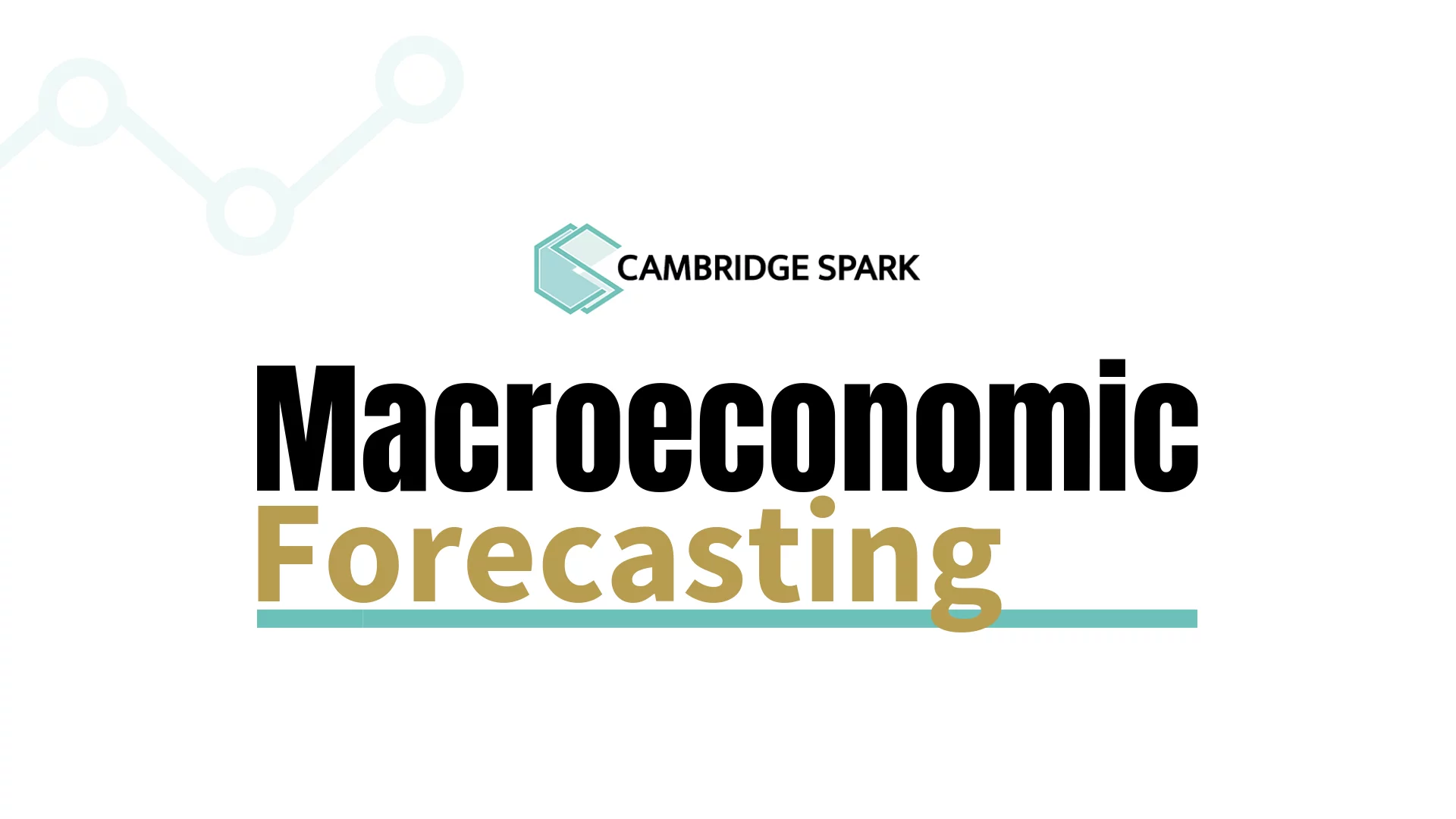Discuss the HRD Process and Outcomes?
Human Resource Development is an never ending process in organizations. The kind of work done or initiatives taken into developing human resources may vary from organization to organization depending on its need, nature, size etc.
It is also from time to time basis in the same organization looking into the nature of change the organization is going through or the nature of capabilities the organization wants to build within it. The organization in order to develop competencies in the employees invents various methods of instruments.
There exists many instruments of HRD. These then leads to the generation of HRD processes like role clarity, performance planning, development climate, risk-taking, dynamism, etc. in employees.
Also read | The guidelines for better Human Resource Management (HRM).
After these processes are generated in the employees it leads to in more competent, satisfied and committed people that would make the organization grow by contributing their best to it.
They enhance the organizational effectiveness. A model explaining the linkages between HRD instruments, Processes, outcomes and organizational effectiveness is as presented in form of lists of HRD mechanisms, process variables, process outcomes and organizational effectiveness dimensions.
The organizational effectiveness depends on a number of variables like environment, technology, competitors etc. However, other things being the same an organization that has competent, satisfied, committed and dynamic people is likely to do better than an organization that scores low on these HRD outcome variables.
Also read | The challenges associated in the HRM in the present business scenario.
Similarly, an organization that has better HRD climate and processes is likely to be more effective than an organization that does not have them. This is because a number of HRD processes simultaneously operating in an organization should normally result in the HRD outcomes.
HRD Mechanisms or Sub-systems or Instruments.
- HRD Department Performance Appraisal.
- Review Discussions, Feedback Counseling Sessions.
- Role Analysis Exercises.
- Potential Development Exercises.
- Training.
- Communication Policies.
- Job Rotations.
- OD Exercises.
- Rewards.
- Job-enrichment Programs.
Also read | HRM evolution and challenges in India.
HRD Process and HRD Climate Variables.
- Role Clarity.
- Planning of Development by Every Employee.
- Awareness of Competencies Required for Job Performance.
- Proactive Orientation.
- More Trust.
- Collaboration and Team Work.
- Authenticity.
- Openness.
- Risk-taking.
- Value Generation.
- Clarification of Norms and Standards.
- Increased Communication.
- More Objective Rewards.
- Generation of Objective, Data on Employees etc.
Also read | The different Perspectives on HRM.
HRD Outcomes Variables.
- More Competent People.
- Higher Work Commitment and Job Involvement.
- More Problem Solving.
- Better Utilization of Human.
- Higher Job Satisfaction and Work Motivation.
- Better Generation of Internal Resources.
- Better Organizational Health.
- More Team Work, Synergy and Respect for Each Other.
Organizational Effectiveness Dimensions.
- Higher Productivity.
- Growth and Diversification.
- Cost Reduction.
- More Profits.
- Better Image.
Also read | The Evolution of Human Resource Management (HRM).
Other Factors
- Personnel Policies, Top Management. Styles, Investments on HRD. Top Management’s Commitments, History, Previous Culture, and Line Manager’s Interest etc.
- Environment, Technology, Resource Availability, History, Nature of Business etc.
The HRD processes and outcomes are separated to bring out sharply the following:
- HRD outcomes are a few whereas many processes exist.
- When HRD processes are operating simultaneously it affect the outcomes.
Organizational effectiveness is a step closer to HRD outcomes variables than the process variables. For example, better communication, role clarity, performance planning, trust, collaboration, openness can be considered as more remotely related to organization effectiveness than variables like having competent, dynamic, satisfied and committed employees.
Also read | The salient features of job analysis.
It is the adequacy of the HRD processes in the organization which is questioned if the HRD outcomes are not present in an organization at a satisfactory level.
The linkages between organizational effectiveness and HRD outcomes are not easily demonstrable due to the influence of several other variables in determining productivity.
The Chief Executives, unit heads, line managers and HRD managers interested in HRD have to make efforts to promote HRD processes and culture in their organizations as a matter of ‘faith’ or ‘philosophy’ and not look for demonstrable outcomes in terms of organizational effectiveness.
There exists another kind of relationships which needs attention. This is the relationship between HRD mechanisms and HRD processes. Only introduction of HRD mechanisms and HRD departments do not automatically result in the development of HRD processes.
Also read | The process of recruitment.
It is possible to have a HRD culture without having a HRD department or without using any HRD systems. That requires good leadership at the top, vision and building of HRD values froth the very beginning of an organization.
The following can be postulated about the linkages between HRD mechanisms and processes:
HRD mechanisms and HRD departments are useful instruments for starting and strengthening development processes reaching out for a goal in HRD outcomes.
The systems should be designed in such a way keeping in view the HRD process and culture to be achieved.
These mechanisms need to be periodically monitored to check whether they are facilitating the institution of HRD processes and culture or not and whether the mechanisms need to be changed.
Also read | Placement in HRM.
Irrespective of how well the mechanisms are designed the top management needs to have commitment to HRD and communicates this to all employees.





